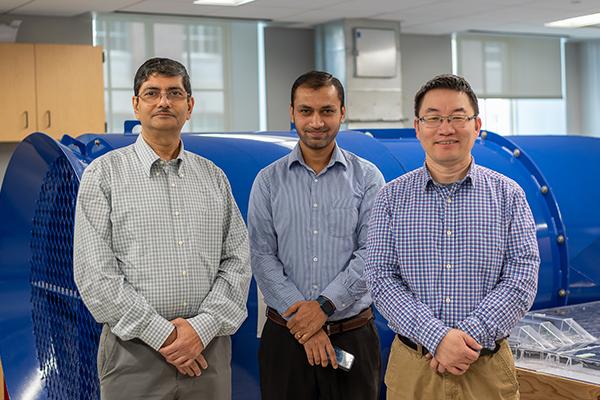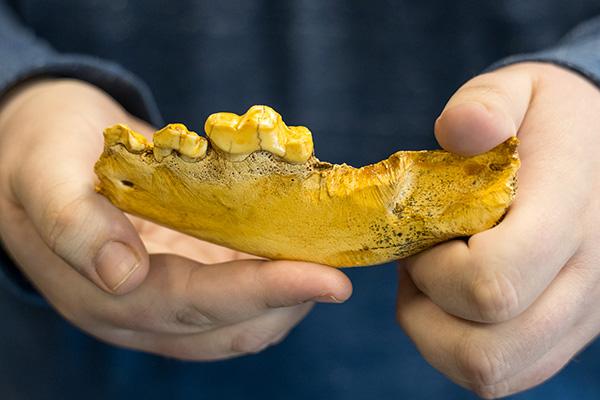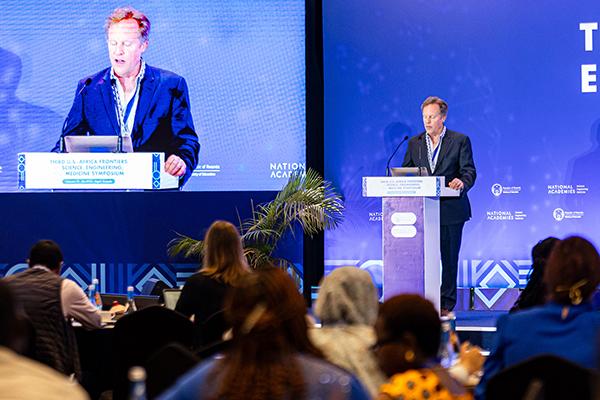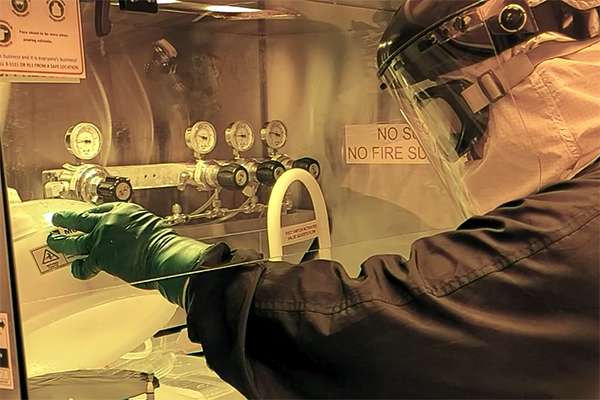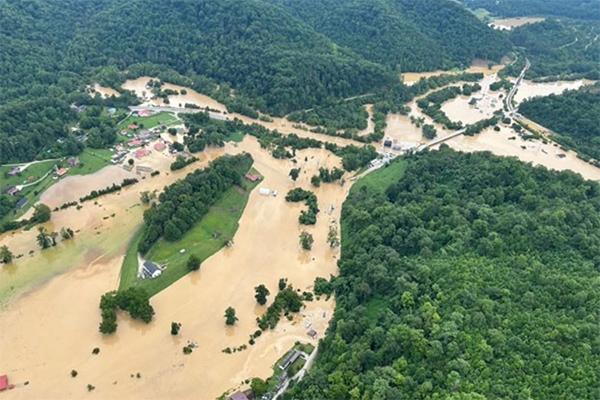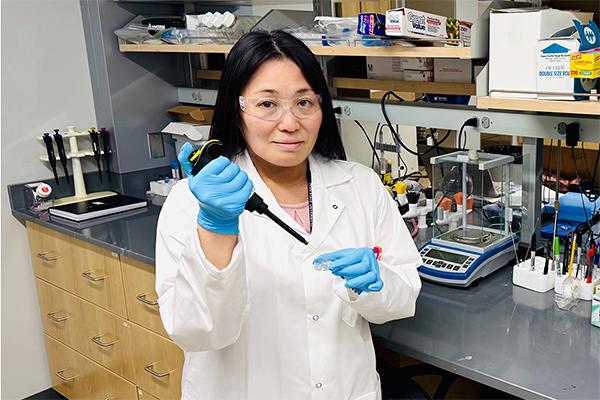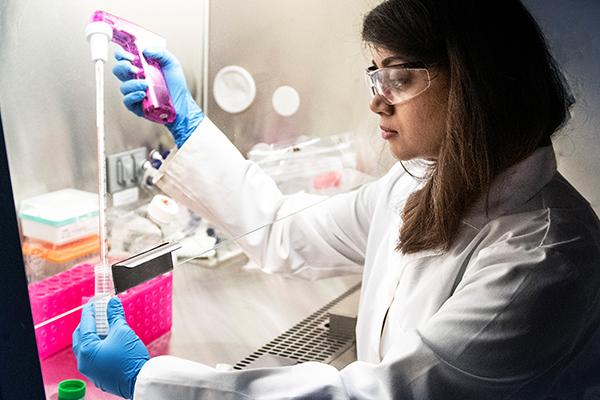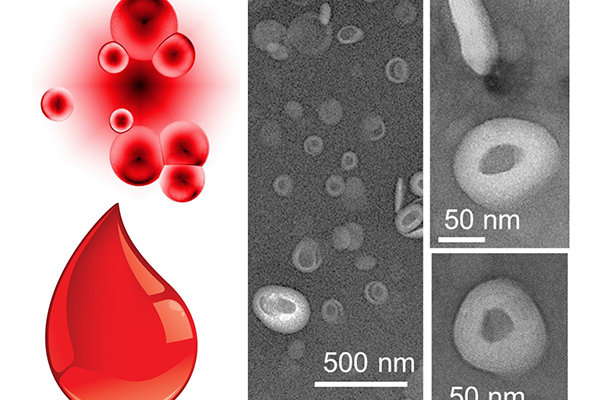Read the latest news about research conducted by investigators in the College of Earth and Mineral Sciences. Our faculty and students are continually advancing technology, creating solutions and expanding knowledge with new and innovative research.
News
Penn State will host the 20th North American Mine Ventilation Symposium (NAMVS) in collaboration with the Society of Mining, Metallurgy, and Exploration (SME) and the SME Underground Ventilation Committee (UVC) on June 21–26 in Pittsburgh.
Seeing the “huge juxtaposition” between streams flowing near her childhood home in Lancaster County impaired by pollution from intensive agriculture and the seemingly pristine creeks tumbling down the forested mountains around her family’s cabin in Mifflin County led Bridget Reheard to study how contaminants in waters affect aquatic organisms and aspirations for a career working to protect natural resources.
The world was mesmerized by Colossal Biosciences’ recent announcement that they had cloned dire wolf pups, a species of canine that’s been extinct for more than 10,000 years. While experts have debated the “de-extinction” of these wolves, which are far more genetically similar to living grey wolf than to the original dire wolf, one thing is certainly true: An undergraduate student at Penn State recently catalogued a jawbone from one of Pennsylvania’s few dire wolf fossils.
To protect against rising sea levels in a warming world, coastal cities typically follow a standard playbook with various protective infrastructure options. For example, a seawall could be designed based on the latest climate projections, with the city officials then computing its cost-benefit ratio and proceeding to build, accordingly.
For some pressing research problems, an ocean’s worth of distance isn’t enough to prevent the connection to some common ground. That’s the point behind the annual National Academies U.S.-Africa Frontiers of Science, Engineering and Medicine (NASEM) Symposium. And it’s why the College of Earth and Minerals Sciences (EMS) joined Google, the Gates and Rutter Foundations, the Department of Defense and others as sponsors of the event.
The Materials Research Institute (MRI) at Penn State has announced the recipients of the 2025 Interdisciplinary Seed Grants and Transdisciplinary Teaming Initiative awards, designed to support collaborative, high-risk research with the potential for significant societal and technological impact.
Readily available but underused Doppler radar data can help predict the height of the planetary boundary layer — the lowest part of the atmosphere and where weather forms — and, in turn, improve severe weather forecasts, according to scientists at Penn State.
Special biomedical materials that can be injected as a liquid and turn into a solid inside our bodies — called thermogels — could provide a less-invasive way to deliver drugs or treat wounds.
The American Heart Association (AHA) awarded Nivetha Gunaseelan, a doctoral candidate studying biomedical engineering in the Penn State College of Engineering, a predoctoral fellowship.
Blood loss is the leading cause of death in trauma patients between the ages of 1 and 46 years, largely because they cannot access safe blood sources quickly enough. A possible solution? Freeze-dried synthetic blood.



